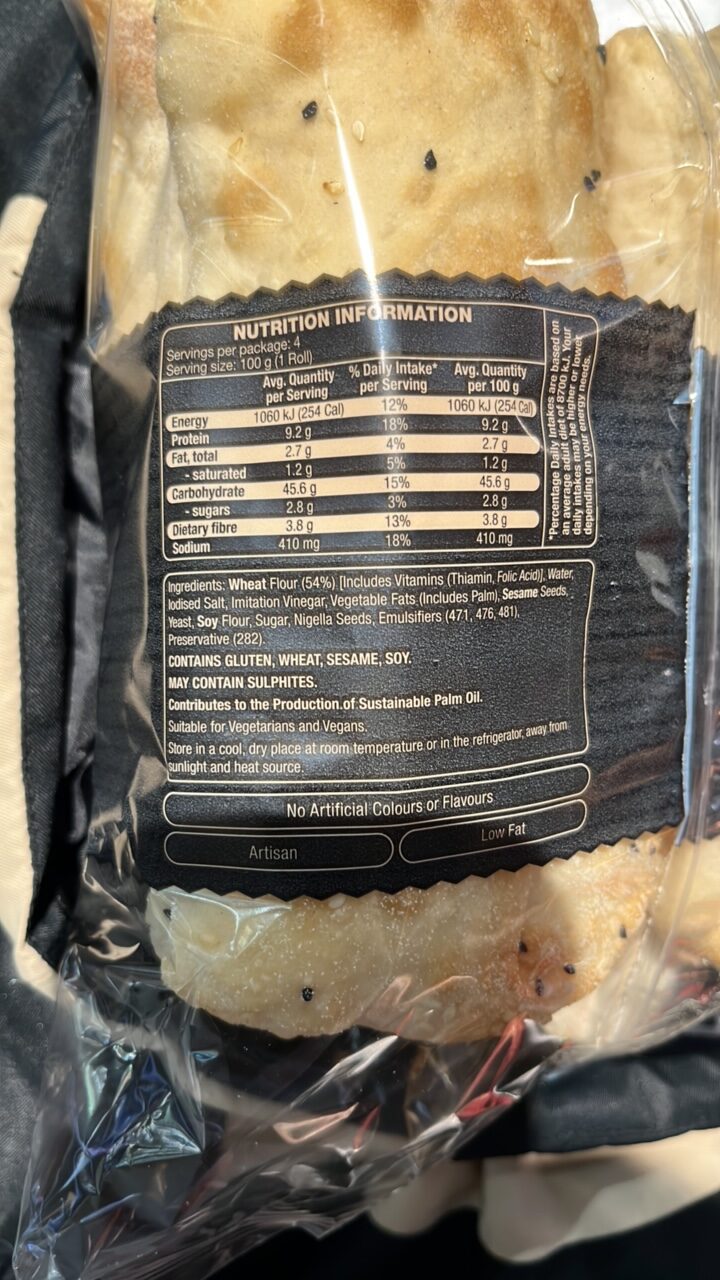
Barcode: 4061464955820
artisan
HALAL
📝 Reason: The product is considered Halal as none of the Haram E-codes or ingredients were identified. However, some ingredients like imitation vinegar, emulsifiers, and preservatives are marked as Doubtful due to lack of specific information on their sources. It is recommended to verify these ingredients for Halal compliance.
📄 Certificates: No Artificial Colours Or Flavours, Low Fat, Vegetarisch
Ingredients:
Details
Is Artisan Halal? Unpacking Its Ingredients
The Artisan product is widely recognized for its quality and flavor, but an essential question arises for many: Is Artisan Halal? Understanding the Halal status of a product involves looking into each ingredient to ensure it complies with Islamic dietary laws. In this post, we will explore the ingredients of Artisan, focusing on their Halal status and any issues related to E-numbers.
Halal Status Overview
According to the information we gathered, the Artisan product is considered Halal. A key reason for this status is the absence of any **Haram** (forbidden) E-codes or ingredients in its formulation. However, it is crucial to highlight some ingredients that are classified as **Doubtful** due to their unspecified sources. Products such as imitation vinegar, emulsifiers, and preservatives can potentially derive from non-Halal sources, depending on their preparation and ingredients.
Ingredient Breakdown
Let’s delve deeper into each ingredient to understand its status:
- wheat flour: A plant-based ingredient that is generally considered Halal.
- water: Essential for life and universally Halal.
- lodised salt: A mineral-based ingredient that involves no Haram substances, thus Halal.
- imitation vinegar: The source of this vinegar is unclear, which poses a risk as it could potentially be derived from Haram sources without explicit labeling.
- vegetable fats: Typically derived from plants and generally considered Halal unless contaminated by non-Halal components.
- sesame seeds: Naturally plant-based and Halal.
- yeast: A microorganism commonly used in baking and generally Halal.
- soy flour: Another plant-based ingredient, which is Halal.
- sugar: Usually derived from plant sources, Halal in nature.
- nigella seeds: Plant-based and Halal.
- emulsifiers: These can come from various sources, and without specific details, their status remains questionable as they could derive from non-Halal sources.
- preservative: Similar to emulsifiers, their Halal status is uncertain unless their source is known, as some preservatives might come from Haram origins.
Brand and Certification Context
While Artisan has claimed to adhere to certain quality standards like “No Artificial Colours Or Flavours” and “Low Fat,” it is crucial to note the absence of a clear Halal certification. This creates a layer of uncertainty regarding the Halal status of the product, especially for those who contact stringent dietary laws. Ethical sourcing and transparency in ingredient sourcing are vital aspects of the Halal market.
When considering Artisan, it is recommended that consumers seeking to ensure their food adheres to Halal dietary laws verify the origin of every dubious ingredient. This might involve contacting the manufacturer directly or checking for Halal certification on the packaging.
Final Thoughts
In conclusion, while the Artisan product is primarily Halal, some ingredients present uncertainty due to lack of clarity about their sources. To make informed purchasing decisions, individuals should consider discussing their dietary needs with knowledgeable sources within the Halal community and conducting further research before consumption. Your health and faith deserve precise adherence to your dietary needs.
